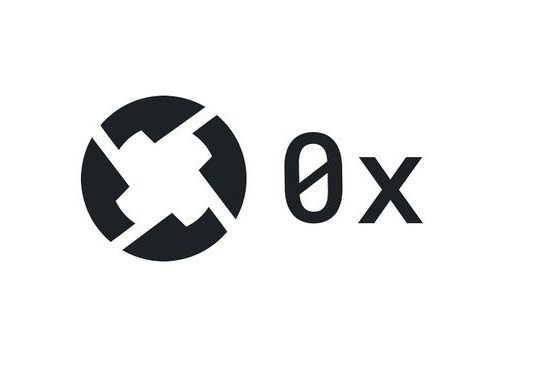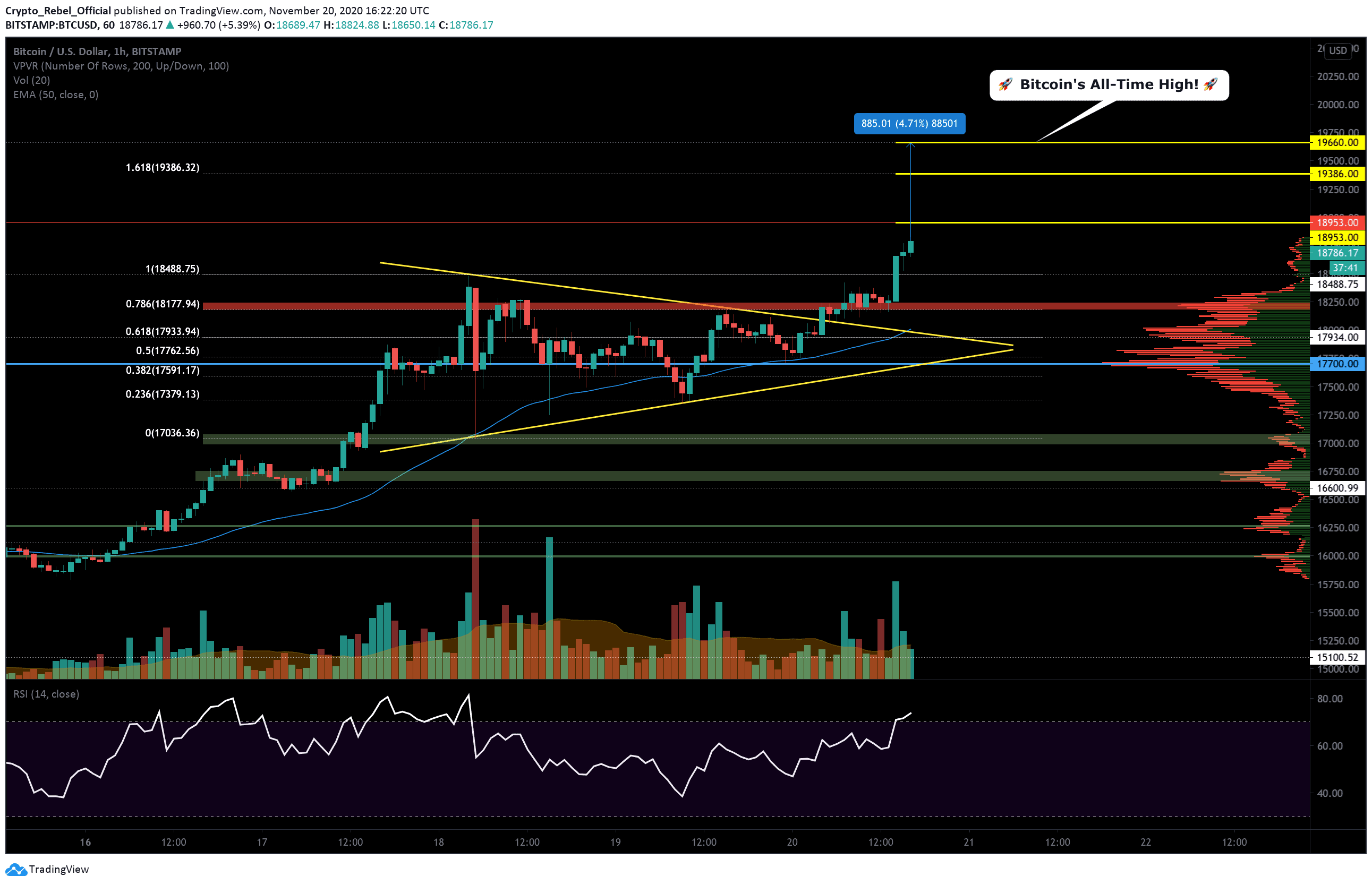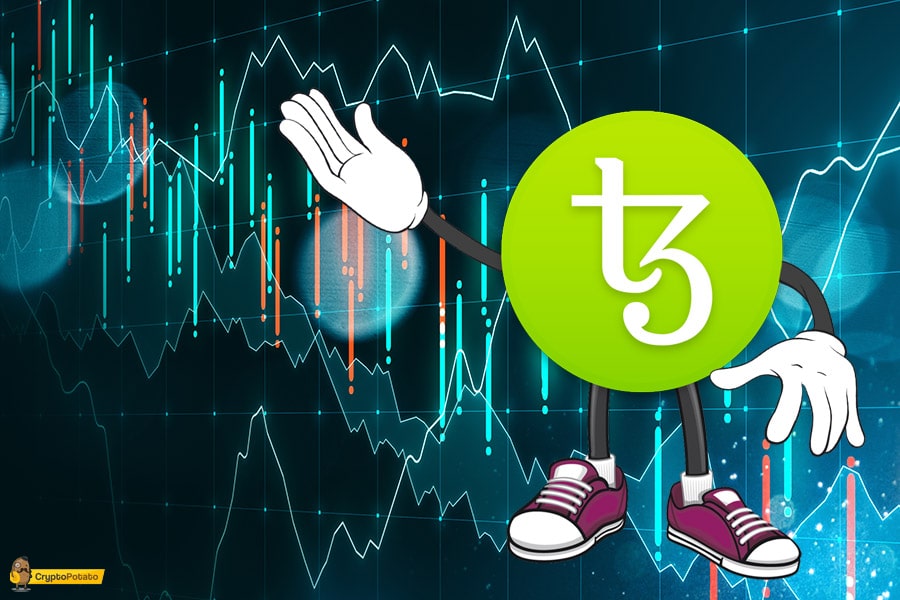Amid Solana’s Hot Streak, FTX and Alameda’s 73% Locked SOL Stash Ignites Market Speculation
Solana’s native – SOL – token has been on an absolute tear this month. After flipping XRP, it briefly surpassed BNB before settling as the fifth-largest crypto asset.
Over the past week alone, SOL has surged by nearly 23%, partly fueled by the excitement surrounding airdrops, which contributed to the complete sell-out of Solana’s Saga phone and its trading at a premium on secondary markets.
However, recent data indicates that SOL constitutes the largest holding of FTX and Alameda, surpassing even Bitcoin and Ether. This raises concerns for the asset, which has distanced itself from the fallout of Sam Bankman-Fried’s empire after nearly losing its entire value.
Solana is FTX and Alameda’s Largest Holding
Only 27% of FTX’s total Solana holdings, which amount to 15.3 million SOL, have been unlocked, and out of this, it is speculated that 13.22 million, equivalent to $666 million, may have been sold.
According to Spot On Chain’s analysis, FTX and Alameda have allegedly moved 6.99 million SOL, worth $280 million, from two public SOL addresses to exchanges between October 24 and November 14, 2023.
Another address associated with FTX, labeled “4Axqyo,” unstaked and transferred 6.23 million SOL, valued at around $386 million, to the wallet “3vxheE” (presumably Coinbase) in the last month. This suggests that there might be 2.08 million SOL ($206 million) remaining available for immediate trading.
The remaining 73% of FTX’s total SOL holdings, which is 40.5 million tokens, currently valued at $3.99 billion, are still under lockup and will be released according to a vesting schedule.
This includes approximately 609,000 SOL ($60 million) that will be unlocked each month, constituting about 1% of FTX’s total SOL holdings. Next up, a total of 7.5 million SOL will be unlocked on March 1, 2025, representing 13.5% of FTX’s total stash. This will be followed by an additional 61,800 SOL, which will be unlocked on May 17, 2025.
Since FTX’s bankruptcy last November, SOL has increased by over 460%, climbing from $17.66 to its current value of $94. This suggests that FTX debtors could potentially gain an additional $3 billion or more from their SOL holdings.
However, considering the vesting schedule, Spon On Chain stated that it is unlikely that any substantial impact on the market will result from FTX and Alameda’s potential SOL sell-off in the near future.
Increased DEX Share
According to DefiLlama, the total value locked (TVL) in Solana has surged by over 516% since the $210 million recorded at the beginning of the year to $1.295 billion as of December 22.
In the past week, transaction volume on decentralized exchanges (DEXs) operating on the Solana blockchain also surpassed that of its Ethereum counterparts. In fact, DEX volume on Solana reached $10.12 billion in the last seven days, surpassing the $8.82 billion worth of transactions on decentralized exchanges on Ethereum during the same period.
While Ethereum appears to be slowly regaining the lead in DEX volume over the last 24 hours, this achievement is significant as historical trading has predominantly occurred on Ethereum.
The recent surge in DEX activity on Solana can be attributed, for the most part, to the network’s lower gas fees. The Solana-based memecoin BONK also gained significant traction in the crypto community, maintaining a billion-dollar market capitalization for weeks after rapidly rising from modest origins.
The post Amid Solana’s Hot Streak, FTX and Alameda’s 73% Locked SOL Stash Ignites Market Speculation appeared first on CryptoPotato.









